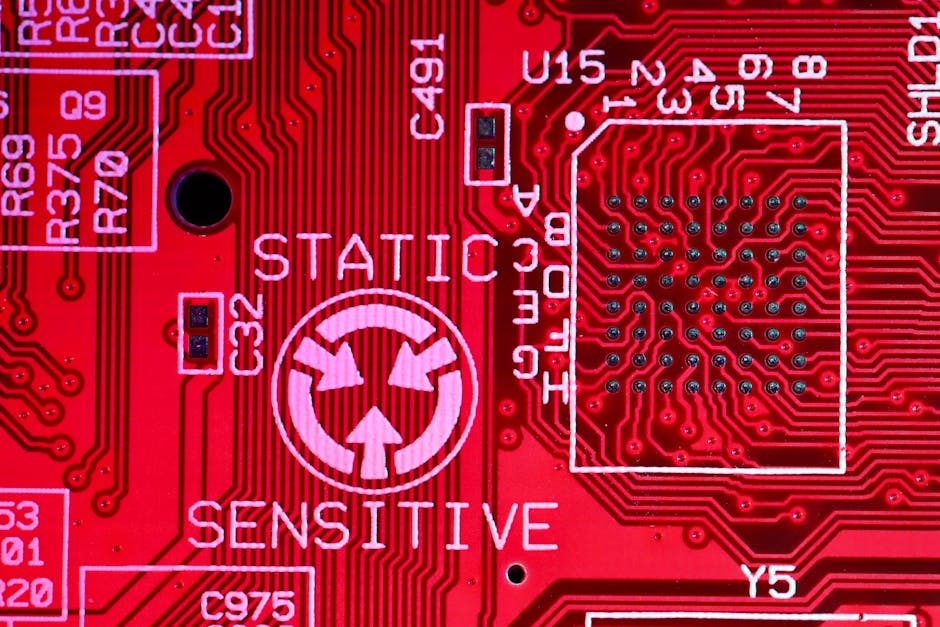Dual Degree in Mechanical & Electrical Engineering: Interdisciplinary Excellence
Pursuing a dual degree in Mechanical and Electrical Engineering is a strategic choice for students eager to bridge the gap between two of the most impactful fields in modern technology. This interdisciplinary program combines the principles of mechanics and electrical systems, fostering a versatile skill set applicable across various industries.

With a strong emphasis on innovation and problem-solving, graduates are well-positioned to tackle challenges that require both mechanical expertise and electrical proficiency.
Such programs are typically structured to provide a comprehensive education in both disciplines, often taking a year longer than single-degree paths. The curriculum is designed to integrate theoretical foundations with practical applications, enabling students to develop holistic engineering solutions. This unique combination not only enhances career opportunities but also equips professionals with the tools needed to thrive in roles demanding interdisciplinary knowledge.
What Makes a Dual Degree Unique?
A dual degree in Mechanical and Electrical Engineering stands out due to its ability to merge two foundational engineering fields into one cohesive educational path. This integration allows students to understand how these disciplines complement each other in real-world applications. Designing an electric vehicle requires mechanical engineers for structural components and electrical engineers for power systems. By mastering both areas, graduates can contribute more effectively to such projects.
Many universities offer dedicated programs that cover essential topics such as thermodynamics, circuit analysis, robotics, and power generation. This blend ensures students acquire not just breadth but depth of knowledge, providing them with the versatility needed for dynamic roles in technology-driven industries.
Curriculum Highlights
The curriculum for this dual degree program is meticulously crafted to balance mechanical and electrical engineering coursework. Students typically encounter subjects like:
- Core Mechanical Engineering Courses: Statics, dynamics, materials science, fluid mechanics, and manufacturing processes.
- Core Electrical Engineering Courses: Circuit theory, control systems, digital electronics, and electromagnetics.
- Interdisciplinary Courses: Mechatronics, renewable energy systems, and automation engineering.
The hands-on experience is a critical component of these programs. Many institutions incorporate lab sessions and design projects that encourage students to apply their knowledge in solving complex problems. Internships with companies specializing in hybrid technologies or smart systems often form part of the curriculum, providing valuable industry exposure.
Career Opportunities
The career prospects for graduates with this dual degree are extensive and highly rewarding. Industries ranging from automotive to aerospace actively seek professionals skilled in both mechanical and electrical engineering principles. Common job roles include:
- Systems Engineer: Designing integrated mechanical and electrical systems.
- Automation Engineer: Developing robotic solutions for industrial automation.
- Aerospace Engineer: Working on propulsion systems or avionics.
- Sustainable Energy Specialist: Contributing to solar panel or wind turbine innovations.
This interdisciplinary expertise also opens doors to research opportunities and leadership roles in product development teams focused on cutting-edge technologies like IoT (Internet of Things) devices or autonomous vehicles.
The Advantages of Interdisciplinary Education
Pursuing a dual degree fosters critical thinking and adaptability, qualities highly valued in the engineering field. Graduates are equipped to address multifaceted challenges by drawing on their diverse knowledge base. They might lead projects that involve integrating electrical control systems into mechanical frameworks for advanced machinery or robotics.
The global demand for engineers with interdisciplinary expertise is growing rapidly as industries lean towards automation and renewable energy solutions. According to data from the U.S. Bureau of Labor Statistics (bls.gov), employment for engineers in fields like robotics and renewable energy is projected to grow faster than average over the next decade.
Selecting the Right Program
Selecting a dual degree program that aligns with your career goals is crucial. Factors such as faculty expertise, lab facilities, internship opportunities, and industry collaborations should be evaluated thoroughly. Renowned institutions like Stanford University (stanford.edu) or MIT (mit.edu) offer well-regarded programs known for their rigorous coursework and innovative research opportunities.
Aspirants should also consider accreditation from recognized bodies like ABET (Accreditation Board for Engineering and Technology) when choosing their program. Accreditation ensures that the curriculum meets industry standards and enhances employability post-graduation.
A dual degree in Mechanical and Electrical Engineering is an excellent pathway for those seeking a challenging yet fulfilling educational experience. It provides a platform for innovation by equipping students with diverse skills applicable across various high-tech domains. Whether working on groundbreaking technologies or pursuing advanced research, graduates are well-prepared to make meaningful contributions to the engineering world.
